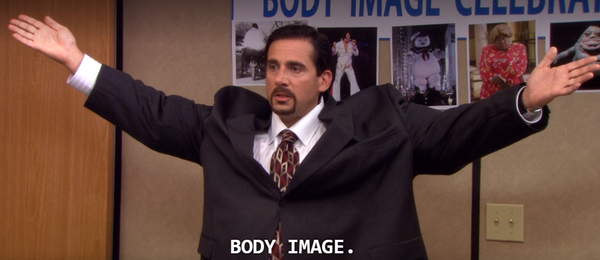I've always been an avid reader. In fact, avid is an understatement. I was always the kid who never went anywhere without at least one book. I read in every second of my spare time and until I fell asleep at night. Around my junior year of high school, like everyone this age does, I got busy. Schoolwork and sports took over and I had less and less time to sit down with a book. Most of the books I read for the rest of high school were only the ones I was assigned.
When I was finally able to slow down and return to my love of reading, I realized that most of the YA fiction didn't grab my attention as much as it used to. Right around this time, my awareness of politics and social issues was starting to develop, and it caused me to gravitate towards more non-fiction or historical fiction genres.
I became immersed in the literary world of women's rights, African American studies, and LGBT+ rights. I realized how much I could learn about the world that was slowly becoming my own by cracking open a historical fiction book or an autobiography. And as I became more involved and more passionate in politics and social issues, these books became my foundation for learning and developing my opinions.
Along the way, I found so many books, fiction, and nonfiction, that inspired me, fueled my passion for activism and educated me on everything from immigration to mental illness.
1. “Dear Madam President: An Open Letter to the Women Who Will Run the World” by Jennifer Palmieri
In this book, the author addresses the reader as "Madam President" and she gives advice for when we finally have a woman in power. She stresses the importance of female leadership and calls on her experience in politics to advise our first woman president on embracing femininity.
2. “History Is All You Left Me” by Adam Silvera
Adam Silvera tells the fictional story of Griffin, who is in the midst of heartbreak after losing someone he loves. It combines so many aspects of things I feel passionately about: the LGBT+ community, mental health, dealing with grief, and toxic relationships. This is also a book that has more than one point that will bring you to tears.
3. “Full Frontal Feminism” by Jessica Valenti
This book was one of my first introductions into learning about feminism. It's unique because Valenti doesn't hold back, she doesn't beat around the bush, and it's clear she's fed up with feminist stereotypes. I learned so much about the history of women's rights from this book and it's a book I return to when I need a certain fact or statistic about feminism or related issues.
4. “The Hate U Give” by Angie Ward
This book took the young adult literary world by storm as soon as it hit shelves, and it's recently been made into a movie. It's so painstakingly truthful, despite being a work of fiction. It tells the story of how a young girl's world changes when she witnesses the death of her best friend at the hands of the police. This book comes at a time where police brutality is at the forefront of current issues and it shows the heartbreak and fear of what it's like living as a black teen in America.
5. “The Mother of All Questions” by Rebecca Solnit
In this book the author offers her own commentary about women who are paving the way for a safer world for the next generations of women and girls. She discusses misogynistic violence, the gender binary, as well of stories of women who refuse to be silenced. Rebecca Solnit is also the author of another great feminist work, "Men Explain Things To Me."
6. “Refuge” by Dina Nayeri
This book tells about a girl who immigrated to America as a child from Iran. She was forced to her father behind, and this story gives you a glimpse of the life of an immigrant who has no real sense of home or belonging. It also touches on the refugee crisis and what it's like to find yourself on the right side of luck.
7. “There Are More Beautiful Things Than Beyonce” by Morgan Parker
This book, unlike the others, is a collection of poetry rather than a novel or piece of nonfiction. Morgan Parker uses her life experiences to touch on feminism, intersectionality, and complexity of living as a black American woman trying to find herself.
Activism is important, in whatever form it comes in. Whether you learn things through social media, through Google, or through books, it doesn't matter as long as you're standing up for what you believe in.


















